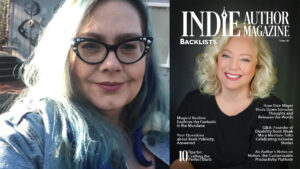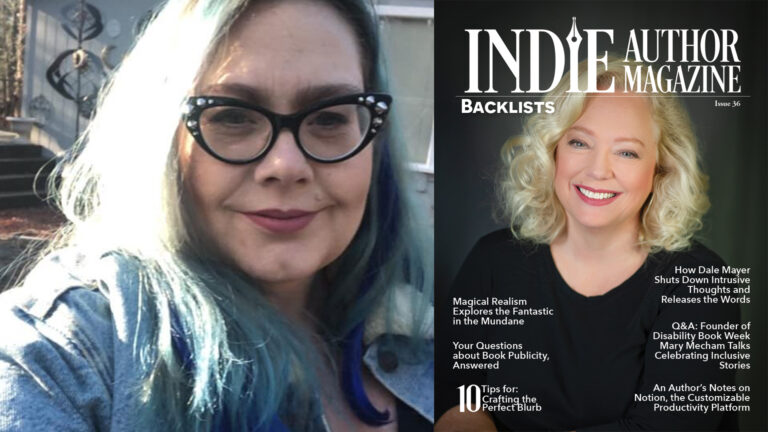For book enthusiasts, the allure of expanding your personal library can be irresistible. However, as with any passion, budget constraints can often stand in the way. The good news is that with strategic planning and creativity, you can find money within your budget to allocate towards indulging in your love for books. Here are some practical tips to help you do just that.
1. Prioritize Your Expenses
Start by evaluating your current spending habits and categorizing your expenses. Identify areas where you can cut back without sacrificing your overall quality of life. Perhaps you can cook more meals at home instead of dining out, or find ways to reduce your entertainment expenses. By reallocating funds from less vital areas, you can free up money to invest in building your book collection.
2. Set a Book Budget
Just as you would allocate funds for groceries or utilities, consider setting aside a specific amount for purchasing books. This dedicated budget line item reinforces your commitment to your reading habit and prevents overspending. It also serves as a motivator, to actively look for ways to save money in other areas.
3. Explore Secondhand Options
While brand-new hardcovers have their charm, exploring secondhand options can significantly stretch your book-buying budget. Check out thrift stores, used bookstores, and online platforms where individuals sell or exchange books. You might discover hidden gems at a fraction of the cost of buying new. Not only does this allow you to acquire more books for your money, but it also gives older books a new lease on life.
4. Utilize Libraries
Public libraries are an often underutilized resource for avid readers. Borrowing books from the library saves you money and allows you to explore a range of titles without committing to a purchase. Many libraries also offer e-books and audiobooks that you can enjoy on your devices. By integrating library visits into your reading routine, you can reduce your need to constantly purchase books.
5. Trade and Share
Consider starting a book club or joining existing reading groups. These communities promote book trading with others who share your passion. You can read a book, discuss it with fellow members then exchange it for a new one. In doing so, you’re both economizing and enhancing your reading journey by engaging in discussions and interactions with fellow readers.
6. Practice Mindful Spending
Before making any non-essential purchase, take a moment to reflect on its significance. Ask yourself if it aligns with your priorities and brings you genuine joy. By practicing mindful spending, you can make intentional choices that enhance your reading experience without succumbing to impulsive buying. You should also examine your spending habits and look for ways to save money on other products, like buying wellness products at the wholesale level.
Building a remarkable book collection doesn’t have to strain your budget. With a blend of strategic planning, resourcefulness, and mindful spending, you can create space within your financial plan to indulge in your love for books. Take into account that the goal is not sacrificing other pleasures but optimizing your spending habits.







